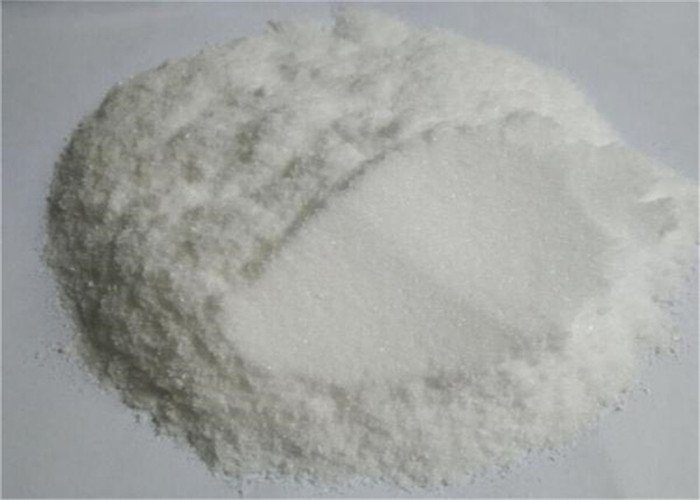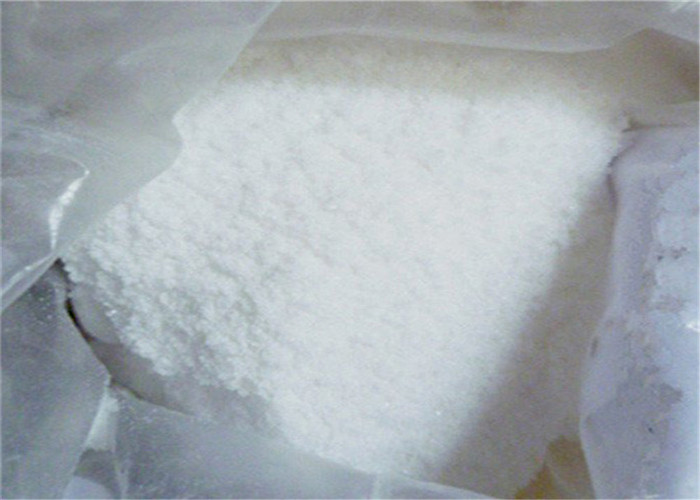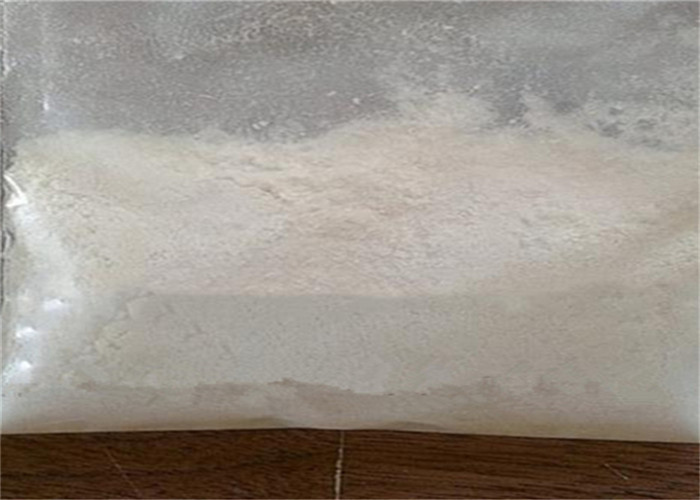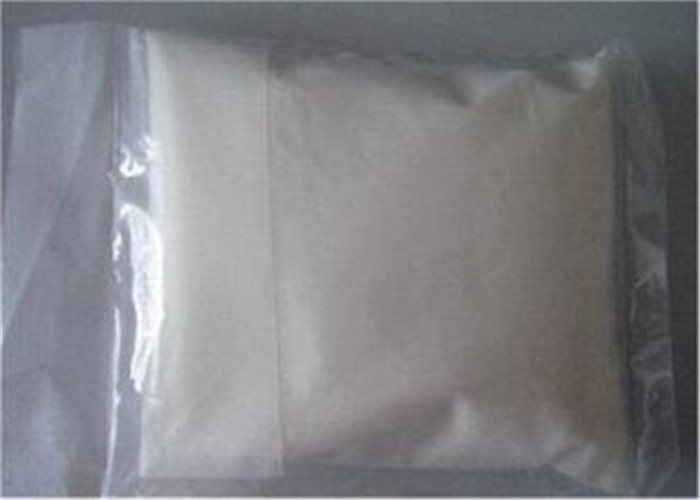Theophylline for Treatment of Bronchial For Treat Wheezing
Quick Details:
Product name: Theophylline
Synonyms: 1,3-Dimethyl-2,6-dioxo-1,2,3,6-tetrahydropurine
CAS No.: 58-55-9
EINECS: 200-385-7
Molecular Formula: C7H8N4O2
Molecular Weight: 180.16
Melting Point: 270-274 ºC
Assay: 99%
Appearance: White crystal or crystal powder
Storage: Kept in a dry and cool place
Usage: Theophylline is used to prevent and treat wheezing, shortness of breath, and chest tightness caused by asthma, chronic bronchitis, emphysema, and other lung diseases. It relaxes and opens air passages in the lungs, making it easier to breathe.
Product Description:
Theophylline, structurally 1, 3-Dimethylxanthine, is a white crystalline powder with a bitter taste; found in tea leaves and prepared synthetically. Chemical designation is 1,3-Dimethyl-2,6-dioxo-1,2,3,6-tetrahydropurine. Theophylline, its salts, and its derivatives (examples are aminophylline, oxtriphylline) are bronchodilators which relaxe and open the air passages to the lungs to increase the flow of air through them, and thus are used in the treatment and/or prevention of symptoms of bronchial asthma and of reversible bronchospasm associated with chronic bronchitis and emphysema. They are used as muscle relaxants, central nervous system and cardiac muscle stimulants.
Application of Active Pharmaceutical Ingredients Theophylline:
Theophylline is used to treat lung diseases such as asthma and COPD (bronchitis,emphysema). It must be used regularly to prevent wheezing and shortness of breath. This medication belongs to a class of drugs known as xanthines. It works in the airways by relaxing muscles, opening breathing passages, and decreasing the lungs’ response to irritants. Controlling symptoms of breathing problems can decrease time lost from work or school.
This medication must be used regularly to be effective. It does not work right away and should not be used to relieve sudden breathing problems. If sudden shortness of breath occurs, use your quick-relief inhaler as prescribed.













 Sales Manager
Sales Manager